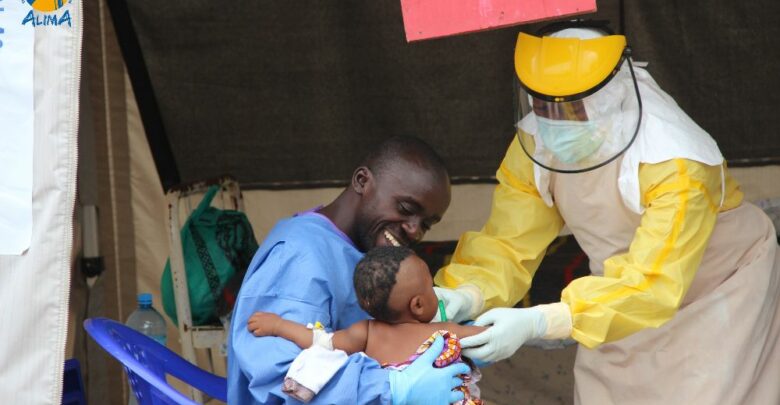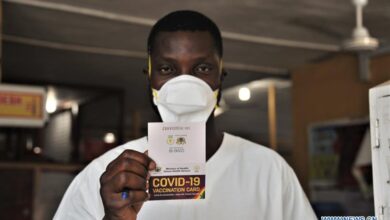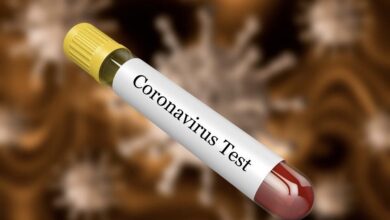Ghana
WHO Announces End Of Marburg Virus Disease Outbreak In Ghana After Two Months

The World Health Organization (WHO) on Friday announced an end of the Marburg virus disease outbreak in Ghana, two months after the country reported three cases, reported The Africa News.
“Ghana’s Ministry of Health has declared the end of the epidemic after no cases were recorded for 42 days,” the WHO announced in a statement.
Dr Matshidiso Moeti, WHO Regional Director for Africa, said in the statement that although the country has no experience with the virus, Ghana’s response to the Marburg outbreak has been swift and robust.
“Marburg is a scary disease because it is highly infectious and deadly. There is no vaccine or antiviral treatment. Any outbreak of Marburg is a major concern,” Moeti added.
Three confirmed cases, including two deaths, were recorded in the outbreak which was declared in July after laboratory confirmation of the virus. In total, 198 people who came in contact with the Marburg patients were identified, monitored and made to complete their recommended initial 21-day observation period which was then extended for another 21 days as precaution.
Ghana’s cases were the first detected in West Africa. There have been previous outbreaks and sporadic cases detected in other parts of Africa—in Angola, the Democratic Republic of Congo, Guinea, Kenya, South Africa and Uganda.
The UN health body said it was working with Ghana’s health authorities to maintain surveillance, improve detection of the virus and better prepare for a potential resurgence.
The Marburg virus disease is transmitted to humans by fruit bats. It spreads in humans through direct contact with bodily fluids of infected persons, or surfaces and materials.
The virus hits suddenly, triggering a high fever and severe headaches. Patients can develop unstoppable bleeding within days of getting infected.
Fatality rates in confirmed cases have ranged from 24 percent to 88 percent in previous outbreaks, depending on the virus strain and case management, according to the WHO.





